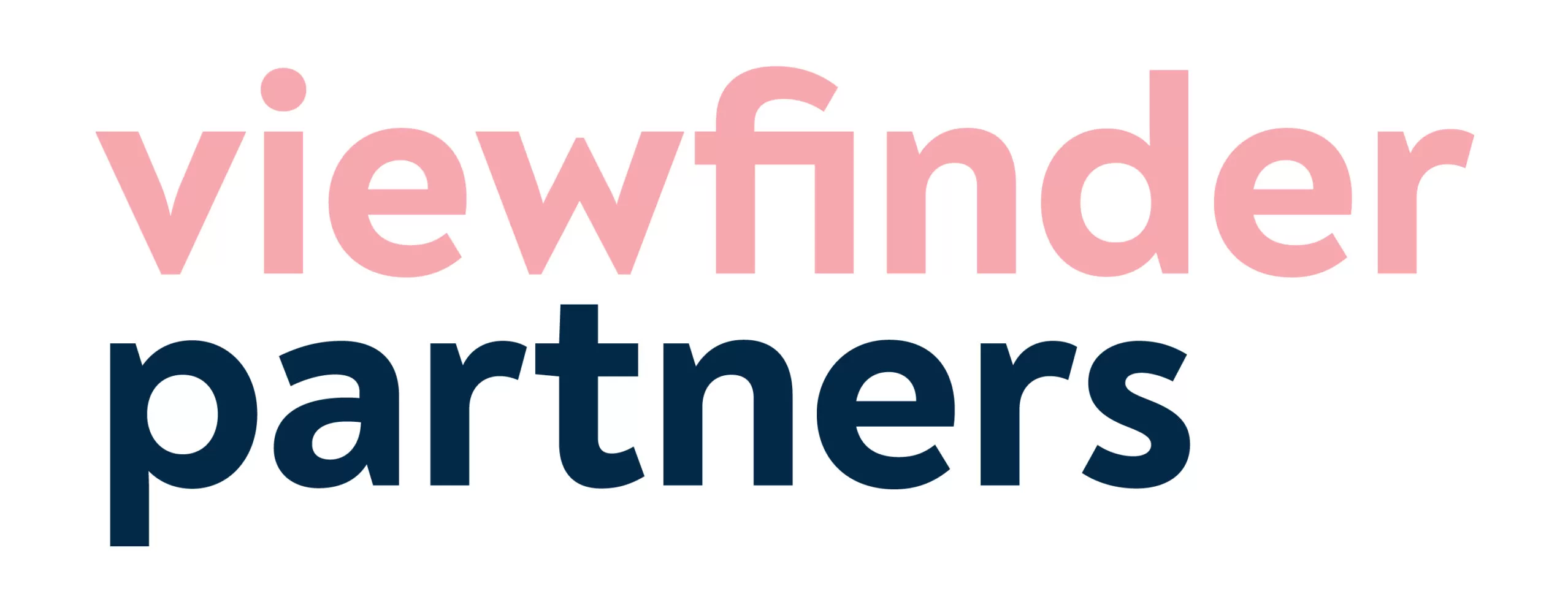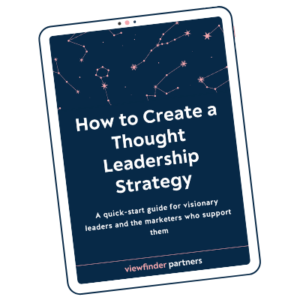I’m calling it. Here it is – I have identified the Big Problem of our times.
It’s a thought leadership problem, but it’s also a core problem that affects how we talk about our work and get people on board. It weakens our impact and influence.
In 2022, enlightened business people everywhere (including most of my clients…and including me) are struggling to communicate ONE BIG CONCEPT. In a nutshell: How do our values make us better at what we do?
The idea is at this confusing intersection:
A: VALUES. We are good humans who care about other people more than anything else. We are good and want to be good, and we believe that other people are good and want to be good. (As Tamsen Webster says, we’re “smart, capable, and good.”) We’re all happy when we’re more supported and not overworked. We want to build places where we actually want to work. Down with burnout! Yes to flexibility! Yay fair pay! Yay giving people time in the day to take a walk or meet their kids at the school bus! Yay vacation time and sabbaticals! Yay humans!
B: BUSINESS. We run for-profit businesses in a capitalistic society. We want and need to make money. Our clients want and need value from us. We deliver hard business results. You can take that to the bank. (…but remember, we love people too! yay!)
Do you feel the disconnect and tension? How do we talk about our work and our businesses at an elegant intersection of A and B?
Friends, I don’t always know. But this is the challenge that comes across in my inbox and my conversations every single week.
We care so deeply and purely about (A). But we’re bound by (B). We feel the need to stay in rhythm with the traditional corporate drumbeat. So we’re left tongue-tied and paralyzed.
We worry about focusing too much on one or the other. I recently had an hour-long conversation with an incredibly smart, people-focused, kind leader. Her firm is built on the ideas in (A). She cares passionately about those ideas. It’s what she told me about for 58 minutes — the progressive, tradition-shattering way she’s redefining work. I could barely get a word in, she was so excited.
But then, in the last two minutes, she remembered (B) and her entire dynamic changed. Her body language locked up. All of a sudden, she listed a flurry of reasons that (A) is in service of (B). “We care about delivering value! We make a financial impact!” She was paralyzed and tongue-tied. She got defensive and cautious.
And she lost all the magic of her initial vision.
As someone who helps people follow their energy and their vision, that sudden drop in energy and excitement signals an alarm for me.
Why do we have to justify all of our good, people-focused ideas? Why do we have to assure people (even people who are on our team) that we can live up to the expectations of a business?
Can’t we just assume we all know that (B) is true?
Because the last-ditch realization that we have to justify all of our people goals with financial numbers doesn’t actually help our argument. It’s not inspiring. It makes the whole thing feel watered down.
What if we stop hedging and trying to prove that we’re Hard Business People? What if we assume that everyone knows we do work in exchange for money, and that we need to earn an income, and that revenue matters? What if we stopped trying to prove (B), or at least stopped forcing it into the conversations we really want to be having about (A)?
As I’ve said before, we need a new vocabulary to talk about work if we want to build a different way of working.
And we need to stop diluting our big, bold, visionary ideas with the language and culture that got us to this breaking point in the first place.
I believe in us. We can do it!







